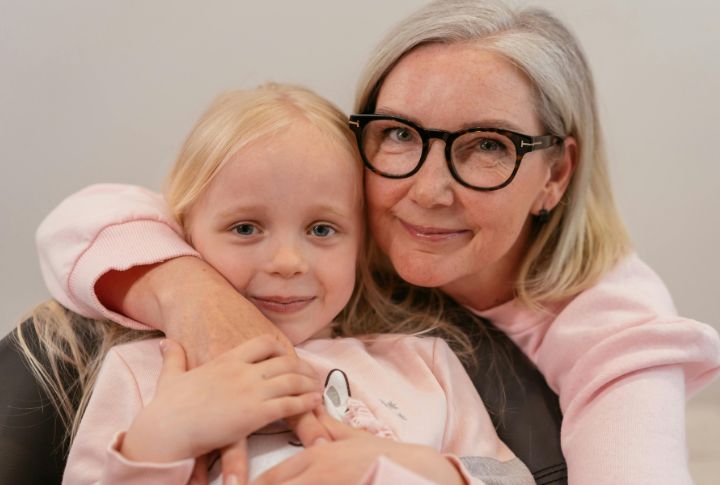
Grandparents play a special, magical role in a child’s life. They’re symbols of unconditional love. However, the most well-intentioned actions can sometimes lead to harmful outcomes. If unchecked, some behaviors can lead to long-term emotional stress for parents and grandchildren. This list serves as a considerate reminder to make sure that the gift of being a grandparent is always nurturing.
Favoritism Among Grandchildren

Playing favorites can sow deep emotional wounds. Children are keen observers of affection, and unequal treatment can spark sibling rivalry and low self-esteem that carries into adulthood. Grandparents may not even realize they’re doing it, which is why conscious equity in love and attention is so important.
Overstepping Parental Boundaries
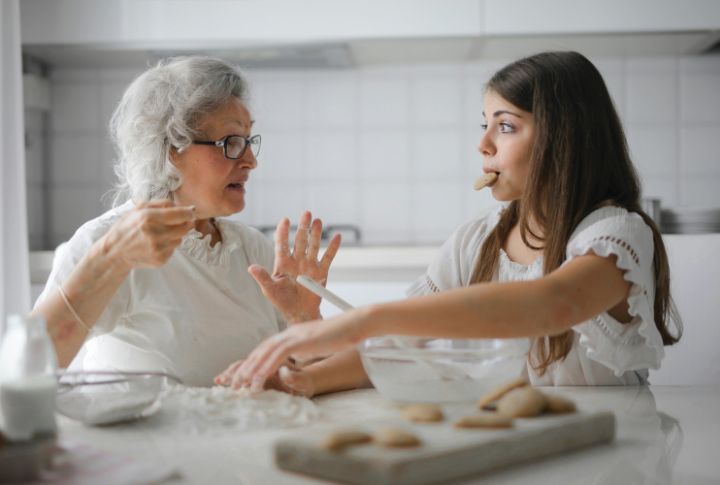
Parents are the primary decision-makers for their children’s schedules. Grandparents ignore or override these decisions, which causes conflict between adults and confusion for the child. Respecting parental boundaries, regardless of your personal opinion, fosters harmony and avoids power struggles within the family dynamic.
Criticizing Parenting Choices

Grandparents may think they’re offering wisdom, but unsolicited criticism often feels like judgment. Remarks like “We never did that in our day” or “That’s not how I raised you” can trigger defensiveness. Approaching differences with curiosity and compassion opens the door to dialogue rather than conflict.
Overindulging Grandchildren
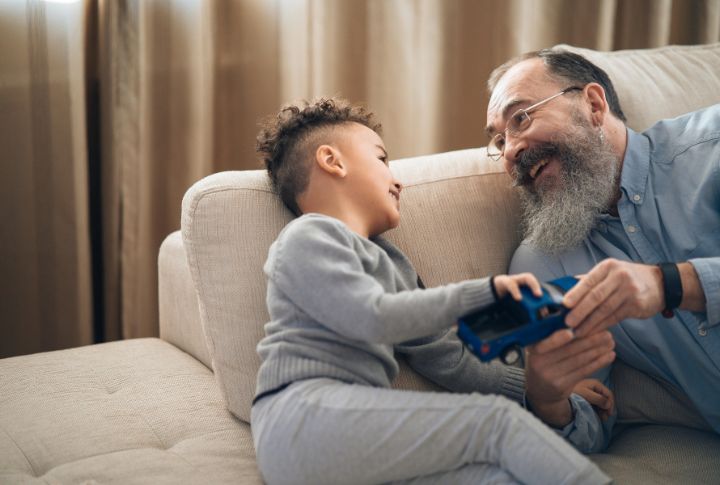
Showering children with gifts or treats might feel loving, but it can backfire. Excessive indulgence undermines parental discipline and shifts the child’s focus from relationships to rewards. Meaningful time together, such as storytelling or cooking, often leaves a greater emotional impact than any other toy could.
Promoting Unhealthy Habits
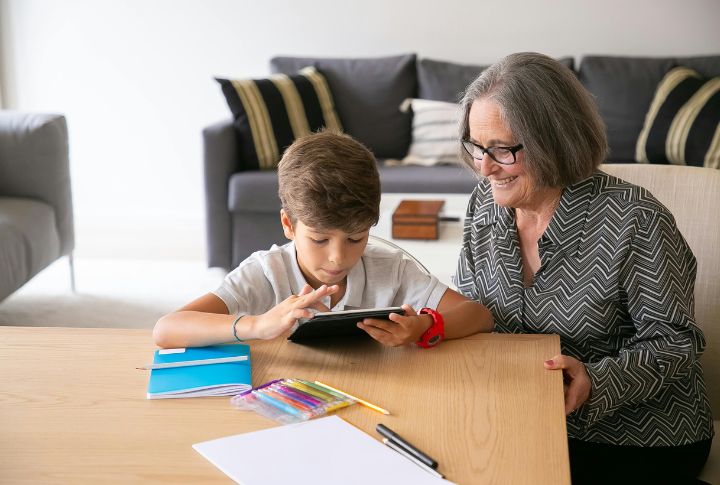
What looks like harmless behavior, like skipping naps or excess screen time, often leads to real consequences. A poor diet and overstimulation can also negatively impact a child’s sleep and overall health. Instead of bending the rules, aim to reinforce the family’s health goals to model consistency and care.
Ignoring Safety Guidelines

It is not acceptable to follow outdated advice like letting a baby sleep on their stomach or not buckling their car seat. The statement, “You turned out fine,” does not excuse disregarding professional advice. Respect for the child’s welfare and the parents’ confidence is demonstrated by adhering to modern safety procedures.
Using Guilt As A Tool

Emotional manipulation in the form of guilt trips, “You never call me,” breeds resentment, not love. Guilt can also damage communication and make interactions feel obligatory. Expressing needs directly and with kindness is far more effective than using guilt as a means to an end. Kids understand direct action better than guilt-led conversations.
Forcing Physical Affection
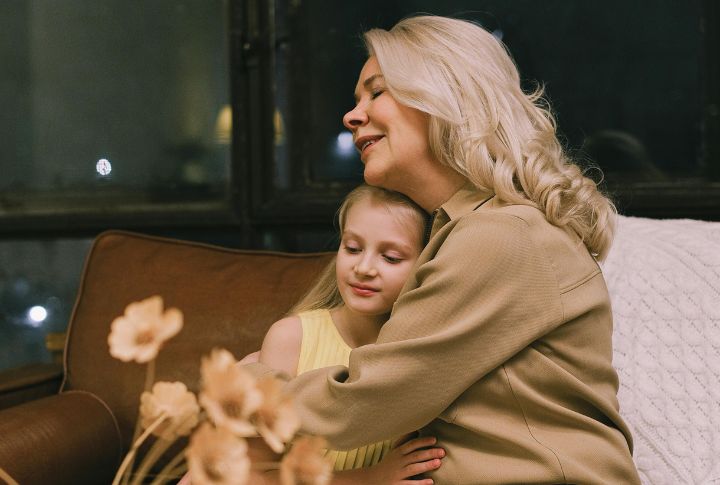
Insisting that a child “hug Grandma” or “kiss Grandpa” even when they resist can teach them to ignore personal boundaries. This may also lead to anxiety and long-term issues around consent. Instead, offer alternatives like high-fives or gentle verbal affirmations that honor the child’s comfort zone.
Oversharing On Social Media

Posting photos or stories about grandchildren without permission may seem innocent, but it violates the child’s privacy and disrespects parental boundaries. With growing concerns about digital footprints and online safety, always ask before sharing, even if you think it is a cute moment in the past.
Living In The Past

Although nostalgia has its place, constantly reminiscing can create a divide. Comments like “Back in my day, kids respected their elders” alienate younger generations and imply that modern parenting is flawed. Embracing change and staying open-minded helps build stronger, more relevant bonds.

